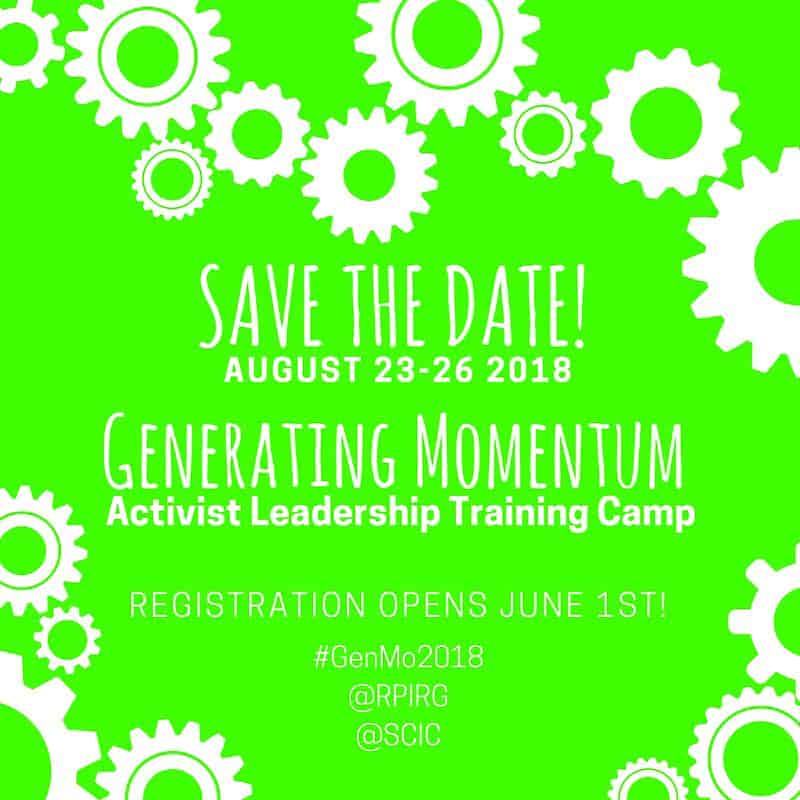Hey look! A literature review!

A Review of Flimsy Little Plastic Miracles
Article: Liam Fitz-Gerald – Contributor
Genre: Fiction/Literature
Year Published: 2013
Length: 340 pages
Publisher: Viking Penguin
In his third publication and second novel, Ron Currie Jr. has crafted a wonderful book that stirs many emotions. The reader will laugh at his blunt, punchy, to-the-point sentences that are descriptive, yet effective at conveying his point. Yet, the reader will also be deeply stirred by the deep reflection of the main character. These deep reflections are what make the book a success.
Hailing from Waterville, Maine, Currie made his publishing debut with his 2007 collection of short stories, God Is Dead. Currie explored the hypothetical consequences of God’s literal death. The result was civil society’s collapse with parents worshipping children and Evolutionary Psychologists waging war on Postmodern Anthropologists. In 2009, his second book and first novel, Everything Matters, was published. Here, Currie asked if individual actions mattered if doomsday was determined. Flimsy Little Plastic Miracles reflects a continued maturation of his writing. Currie’s work is defined by his comedic tone which addresses serious issues. His writing pulls no punches, and the reader knows his stances on certain issues, like religion. In this novel, Currie explores the human condition and has highly relatable experiences to reflect on.
The main character of Flimsy Little Plastic Miracles is also named Ron Currie, and he is also a writer. Ron reconciles and dates his teenage lover, Emma, after her engagement fails. However, Ron departs for the Caribbean to focus on his writing after an unfortunate accident. Emma stays in America to re-establish her career. While in the Caribbean, Ron drinks, fights, writes, and even does jail time, but he also reflects on themes ranging from death and love, and an increasingly technological world.
On death, he reflects on his father’s struggle with cancer. After aggressive chemotherapy treatment, Ron’s father finds a new lump under his neck and Ron realizes that his father really will die and things will not be okay. Currie’s view on death is apparent when he writes it “is not a ‘journey’…or any other…euphemism we employ to comfort and delude ourselves.”
On love, Ron calls Emma “the object of my tireless, timeless, even-I’m-sick-to-death-of-it affection.” Their relationship is portrayed as happy (if rather graphic and fetish-like at times) but imperfect, with Ron wondering if his character flaws keep him from being happy with her.
On technology, he reflects on Ray Kurzweil’s singularity concept, that is, the idea of computers gaining self-awareness. If consciousness could be uploaded into self-aware computers, humans could gain immortality and life’s pitfalls (death, heartbreak, etc) could be avoided. Yet, he considers what humanity could lose. If we achieve perfection does life still carry the same meaning it once had? Currie weighs the pros and cons of these issues in the book.
Overall, Currie’s book is excellent and not terribly long, making it an ideal summer or early fall read. One minor criticism is that the main thrust of the plot does not begin until two thirds into the book. Most of the novel until then revolves around Ron in the Caribbean, intercut with reflections on the aforementioned topics. The plot resolves rather quickly and Currie could have spent more time there. Yet, the book is not a plot driven novel, but a collection of the author’s thoughts. What the reader will find is Currie’s ultimately positive outlook on the human condition.









